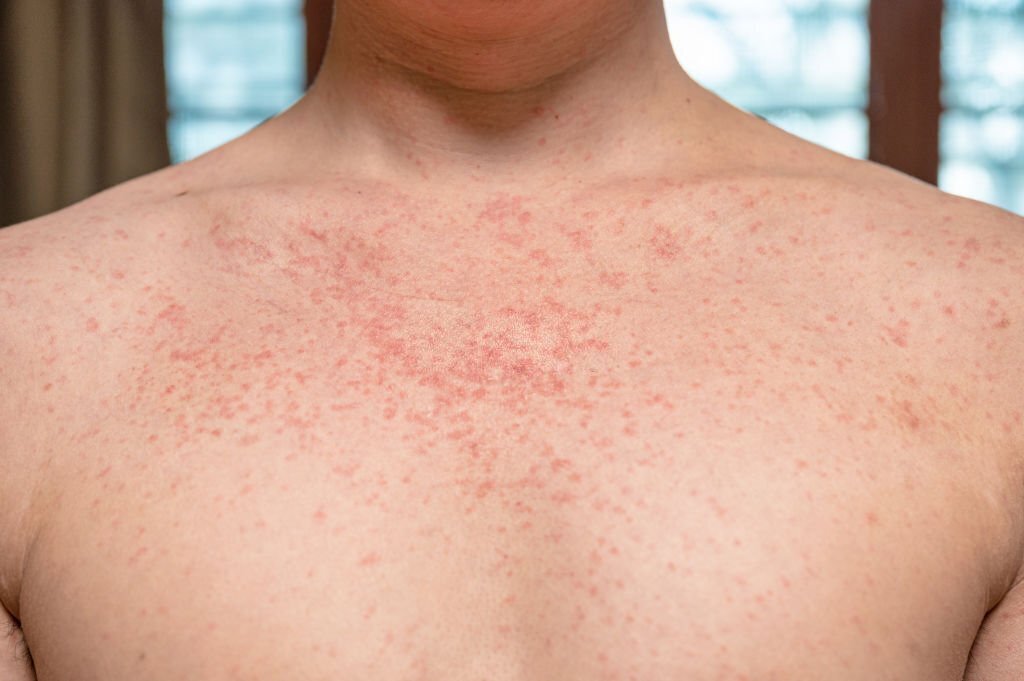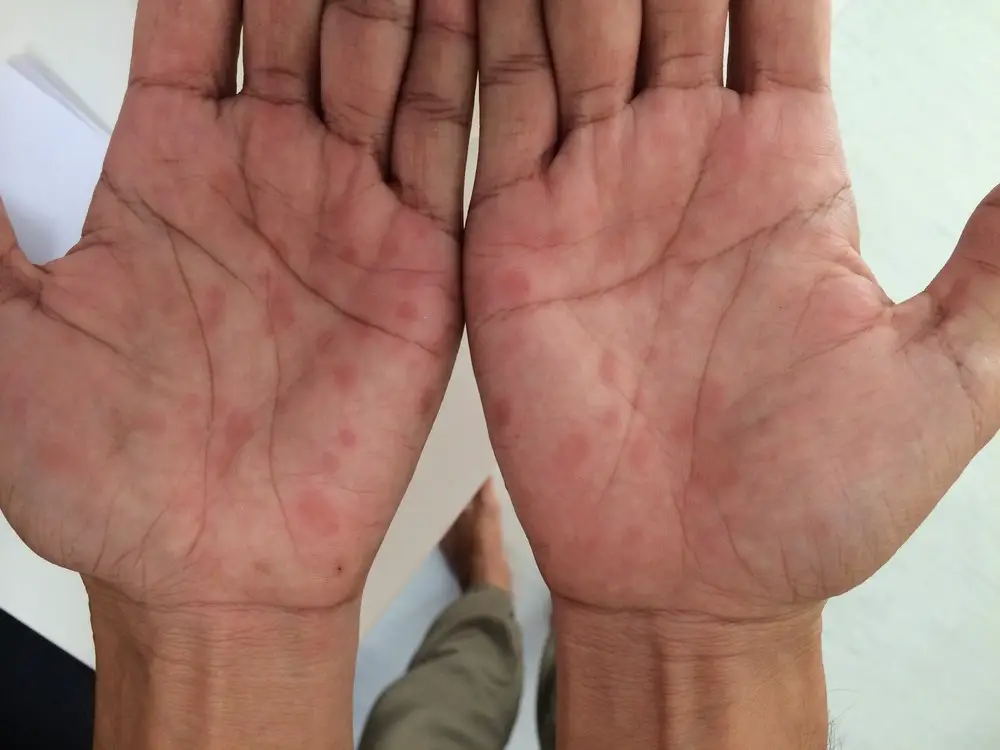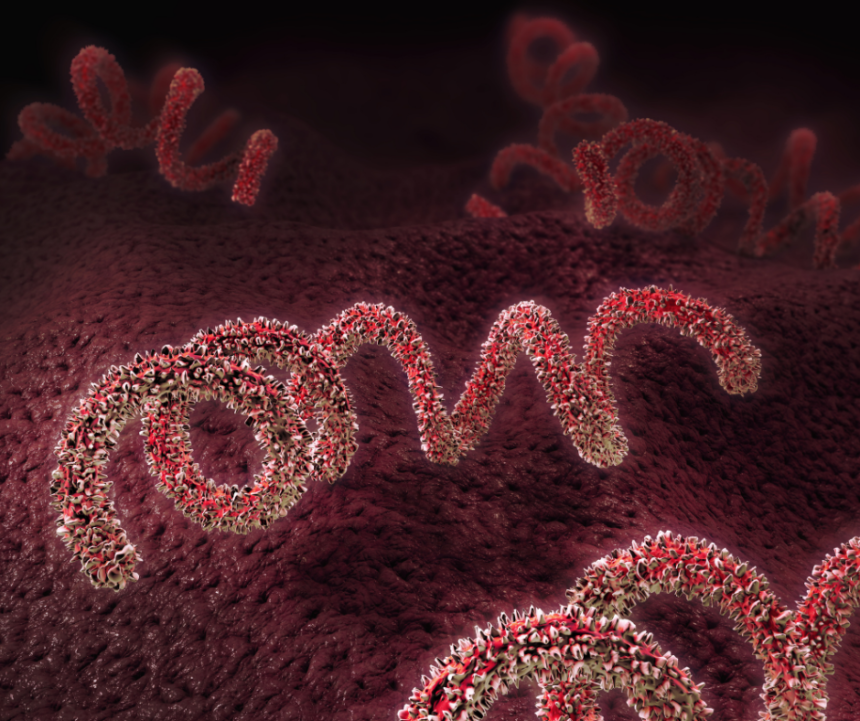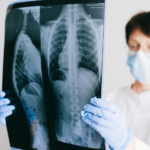Syphilis Severe Symptoms Rising: A Global Health Concern
Syphilis severe symptoms rising have become a growing concern worldwide, with patients presenting unusual neurological, ocular, and auditory complications. Health authorities report that, beyond the classical signs, more severe manifestations are appearing. This signals a shift in the global epidemiology of this sexually transmitted infection.. This alarming trend highlights the urgent need for increased awareness, thorough screening, and timely treatment to prevent long-term health consequences.
Early Indicators and Changing Symptom Patterns in Syphilis
Traditionally, syphilis presents initially with a painless sore, followed by a rash and systemic symptoms. However, clinicians in multiple countries are observing cases with atypical presentations. Patients are reporting headaches, vision disturbances, hearing loss, dizziness, and mental status changes. These manifestations, often associated with late-stage infection, are appearing even in individuals in the early phases of the disease. The variability in symptoms makes diagnosis more difficult, often delaying treatment and increasing the risk of long-term complications.
Neurosyphilis and Ocular Involvement: A Growing Concern
Neurosyphilis affects the central nervous system and is increasingly seen in untreated or poorly treated syphilis cases. Patients with neurosyphilis may experience cognitive impairment, personality changes, and in some cases, strokes. Similarly, ocular syphilis has emerged as a significant cause of visual impairment. Ophthalmologists are seeing cases of sudden vision loss, eye swelling, and light sensitivity. These highlight the infection’s ability to affect multiple organ systems. https://globalhealth.unc.edu/2024/04/the-continued-rise-in-syphilis-cases-an-increasing-priority-for-global-public-health
Otic Symptoms and Hearing Impairment Linked to Syphilis
Otic syphilis, affecting the auditory system, is being documented with greater frequency globally. Individuals may suffer from tinnitus, hearing loss, or balance issues. These symptoms are particularly alarming because they can appear in early stages of infection, defying traditional expectations of late-stage presentation. The combination of neurosyphilis, ocular, and otic involvement underscores the complex and severe nature of modern syphilis infections, necessitating advanced diagnostic vigilance.

Global Epidemiology and Rising Case Numbers
Syphilis incidence has risen dramatically in recent decades. According to the World Health Organization, millions of new infections occur annually, with significant increases observed in both high-income and low-income countries. Historically, men who have sex with men were considered the highest-risk group, but recent epidemiological trends reveal rising infection rates among heterosexual populations, including women of childbearing age. This shift underscores the global health implications of syphilis and its potential to affect future generations through congenital transmission.
Challenges in Diagnosis and Public Health Response
The rise in severe and atypical symptoms has exposed gaps in current diagnostic protocols. Many patients do not exhibit the classic chancres or rashes, leading to missed diagnoses and delayed treatment. Health professionals are calling for improved screening strategies, comprehensive sexual history assessments, and awareness campaigns targeting both clinicians and the general population. Inadequate understanding of the disease’s evolving presentation poses risks not only to individual patients but also to public health, as untreated syphilis facilitates ongoing transmission.
Early Severe Symptoms of Syphilis and Atypical Presentations
Healthcare providers worldwide are observing a rise in unusual and severe presentations of syphilis. Traditionally, early-stage syphilis manifests with painless sores or rashes, but clinicians are increasingly reporting patients exhibiting headaches, vision disturbances, hearing loss, and neurological symptoms even in the initial phases. These atypical manifestations challenge diagnostic protocols, as they often appear without classic indicators like chancres or skin lesions. Experts suggest that delayed diagnosis or partial treatment may allow the infection to spread more aggressively to the nervous system, producing what is now being documented as early severe syphilis complications. Awareness of these early, nontraditional symptoms is critical for effective intervention and prevention of long-term health impacts.
Case Studies Highlighting Severe Syphilis Symptoms
Recent clinical investigations have provided insight into the severity and variability of syphilis infections. One study in Chicago identified multiple patients presenting with ocular, auditory, and neurological complications. Patients ranged in age from their early 20s to late 70s, with a significant proportion displaying altered mental status or personality changes linked to neurosyphilis. Some patients experienced acute vision loss or heightened light sensitivity, while others reported dizziness and chronic headaches. Syphilis Severe Symptoms Rising Importantly, many of these cases occurred in individuals who had no prior history of classic syphilis symptoms, underscoring the infection’s unpredictable trajectory. Such case studies underscore the urgent need for healthcare systems to implement comprehensive screening protocols that consider atypical symptomatology.

Global Trends in Syphilis Infection
While much attention has been given to national statistics, syphilis presents a growing concern on a global scale. According to the World Health Organization, millions of new syphilis cases are diagnosed worldwide annually, with particular surges in developing nations where access to healthcare is limited. Urban areas in Europe, North America, and parts of Asia have reported higher rates of congenital syphilis, while Latin America and sub-Saharan Africa continue to face challenges in early detection and treatment. Rising cases among heterosexual populations, alongside traditional high-risk groups such as men who have sex with men, highlight a broader epidemiological shift. Global healthcare organizations emphasize early intervention, robust public health education, and consistent antibiotic supply chains as critical measures to curb severe outcomes.
Risk Factors for Severe Syphilis Complications
Multiple biological, behavioral, and social factors contribute to the rise in severe syphilis cases. Genetic predispositions, concurrent HIV infection, and weakened immune systems increase susceptibility to atypical presentations and rapid progression. Behavioral factors, including inconsistent condom use, multiple sexual partners, and delayed healthcare seeking, amplify infection risk. Moreover, socioeconomic determinants such as poverty, lack of healthcare access, and stigmatization Syphilis Severe Symptoms Rising exacerbate the prevalence of untreated syphilis and its complications. Clinicians stress the importance of integrating sexual health counseling, routine testing, and timely antibiotic administration to mitigate these risks.




